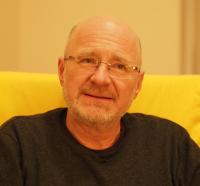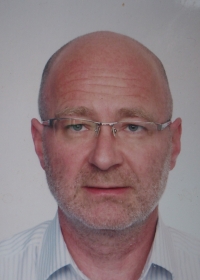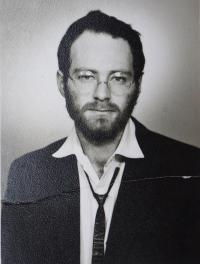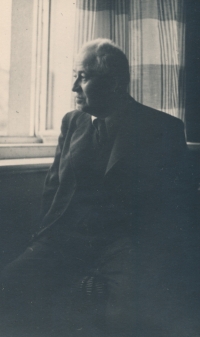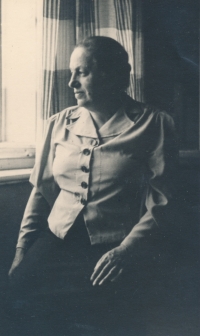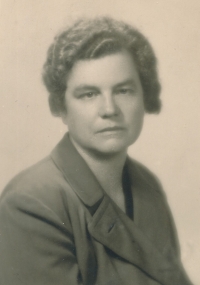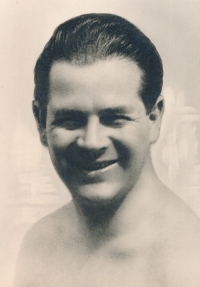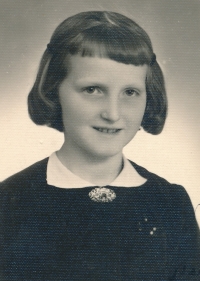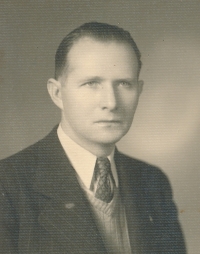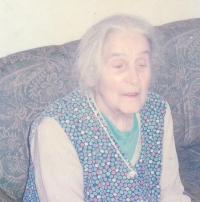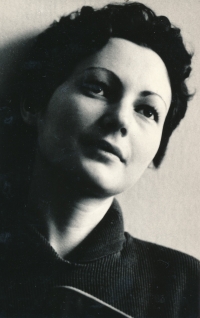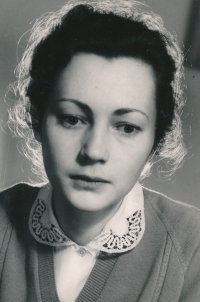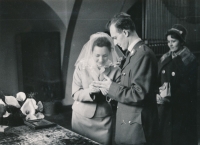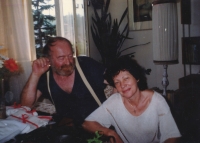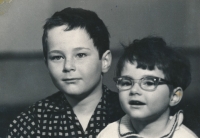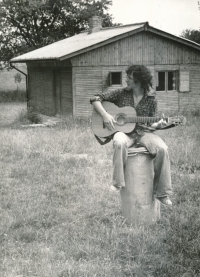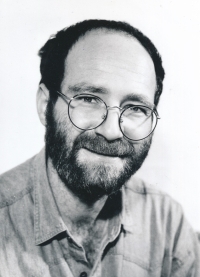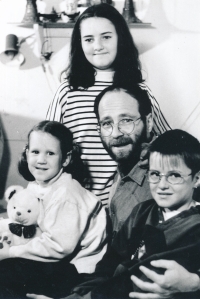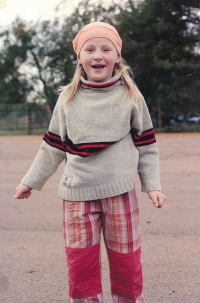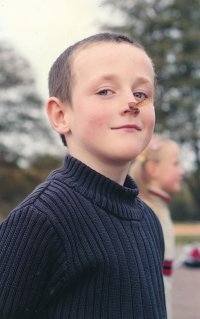I was lucky to have great teachers and a great role model in life

Download image
Martin Konečný was born in Plzeň on 26 June 1964. His maternal grandfather Otto Synek, a Czechoslovak politician and interwar MP for the Communist Party of Czechoslovakia, was executed by the Nazis during World War II. His wife, witness’s grandmother Matylda Synková, died right after the war under unclear circumstances. This affected the family’s life. Mother Hana was a dramaturge, father Jaroslav an actor. When Martin was five years old, his mother left the J. K. Tyl Theatre in Plzeň for the Divadlo za branou theatre in Prague, taking him and his younger sister with her. While studying at the Štěpánská Grammar School, the witness converted and was baptised. After graduation, he studied at the seminary in Litoměřice for a year, but was so disgusted with the local situation that he quit early. Despite problems in 1986, he went on to study medicine and took an active interest in politics. While still in school, he married for the first time. He took part in the student march of 17 November 1989 from Albertov to Národní třída. After the shock of the police crackdown, he recovered quickly and with his fellow students resumed resistance activities with maximum effort the very next day. Graduating in 1992, he joined the oncology ward in his native Plzeň. He did not like the hospital leadership’s mechanistic approach to the treatment of cancer patients and switched to psychiatry. In 2007, he was made the head of the psychiatric waqrd of Ostrov Hospital. He found the job fulfilling but clashed with the hospital leadership and some colleagues, so he eventually left Ostrov. Later on, he got a job in the regional hospital in Příbram where he still works (2023). Since 2019, he has also been a psychosomatic specialist at the Pavel Kolář Centre for Movement Medicine. He lived in Obecnice in 2023.
